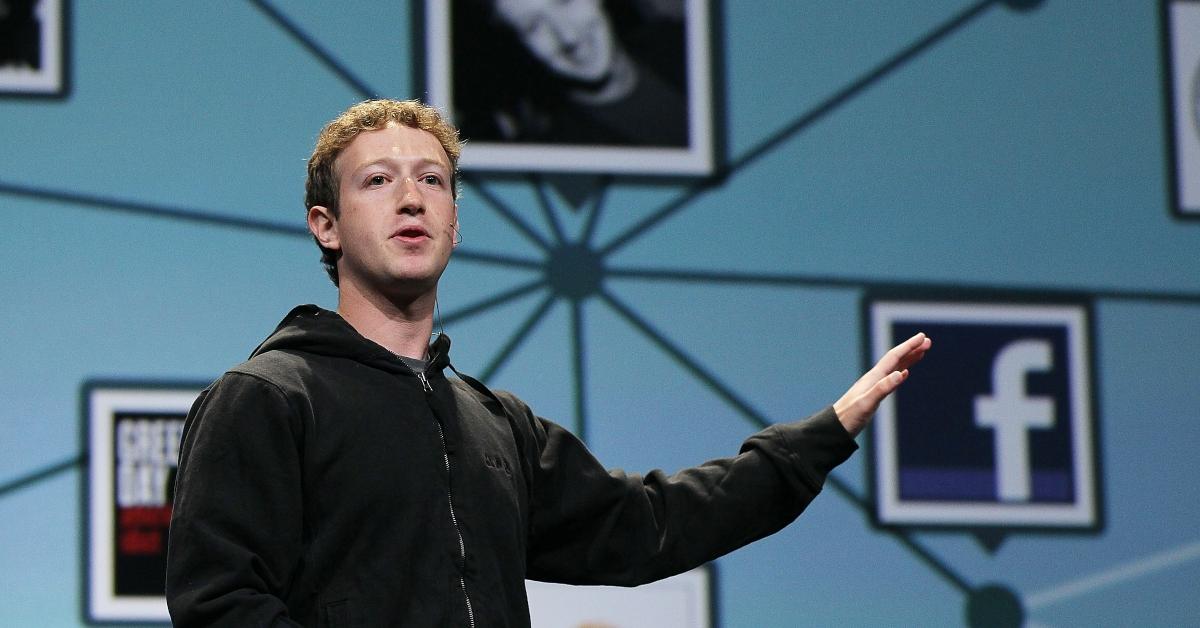Facebook's XCheck Program Under Scrutiny for VIP Treatment
For some special VIP users, Facebook’s XCheck system lets them get away with breaking rules that the rest of us can’t, according to internal documents.
Sept. 14 2021, Published 12:08 p.m. ET

Most people have had at least one Facebook post deleted for violating the company’s policies. Maybe it was a gif that was a little too risque or a political post deemed not factual. But apparently, for some special VIP users, Facebook’s XCheck system lets them get away with breaking rules that the rest of us can’t.
The Wall Street Journal revealed news of Facebook’s “XCheck” or “cross-check” VIP program on Sept. 13 after the newspaper got ahold of internal Facebook documents detailing the system.
What is Facebook XCheck?
According to documents obtained by the WSJ, the XCheck system was originally intended as a quality control measure for actions taken against high-profile users like politicians, celebrities, and journalists. Now, it serves as a sort of shield protecting those users from rules that govern most Facebook users.

For most Facebook users, your posts can be taken down if Facebook monitors or artificial intelligence robots deem them in violation of company rules. But if you’re in the special VIP group of Facebook users in the XCheck program, your questionable posts get routed through a whole different moderation system staffed by full-time content moderators who are better trained. Meanwhile, your questionable post remains live when others are immediately deleted.
Some VIP users are even “whitelisted” from any enforcement actions at all, the WSJ reports. In 2020, at least 5.8 million of Facebook’s more than 3 billion users were on the VIP list, the report revealed.
One instance of VIP treatment cited in the internal documents was a 2019 post by Brazilian soccer player Neymar who posted nude photos of a woman who accused him of rape. Millions of Neymar’s fans saw the post before Facebook deleted it, the WSJ reports.
WSJ says many documents detail flaws in the Facebook platform.
The documents detailing the XCheck program are among several internal documents that the WSJ reportedly obtained. The newspaper is planning a series of articles on the documents that “show that Facebook knows, in acute detail, that its platforms are riddled with flaws that cause harm, often in ways only the company fully understands,” the WSJ writes.
An anonymous source seeking federal whistleblower protection turned some of the documents over to the SEC and Congress, the WSJ reports.
Facebook officials say XCheck is simply a second layer of security.
Facebook spokesperson Andy Stone responded to the WSJ article with a series of Twitter posts that included reference to a 2018 Facebook blog post that details the company’s cross-check system. The blog post was in response to a United Kingdom television report questioning the policy.
“We want to make clear that we remove content from Facebook, no matter who posts it, when it violates our standards. There are no special protections for any group — whether on the right or the left,” wrote Monika Bickert, Facebook vice president of global policy management, in the blog post.
Cross-check simply means that some content is given a “second layer of review,” Bickert writes.
Facebook officials know that they need to improve the program and that their enforcement isn't perfect, Stone tweeted.
“The WSJ piece repeatedly cites Facebook's own documents pointing to the need for changes that are in fact already underway at the company. We have new teams, new resources and an overhaul of the process that is an existing work-stream at Facebook,” Stone tweeted.
